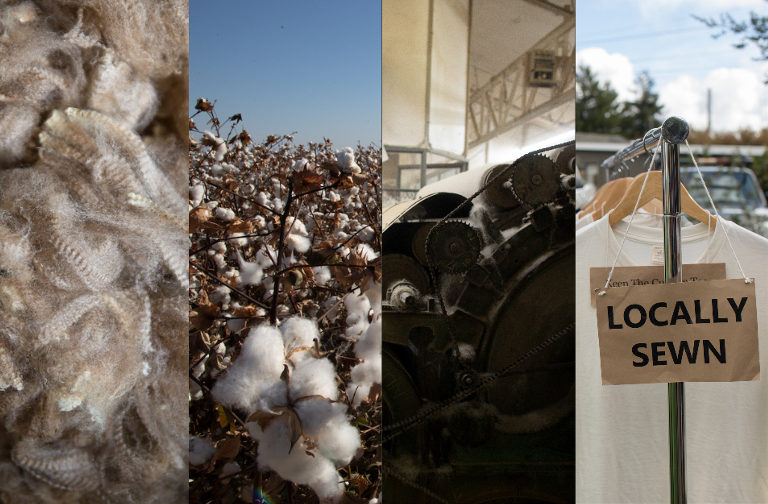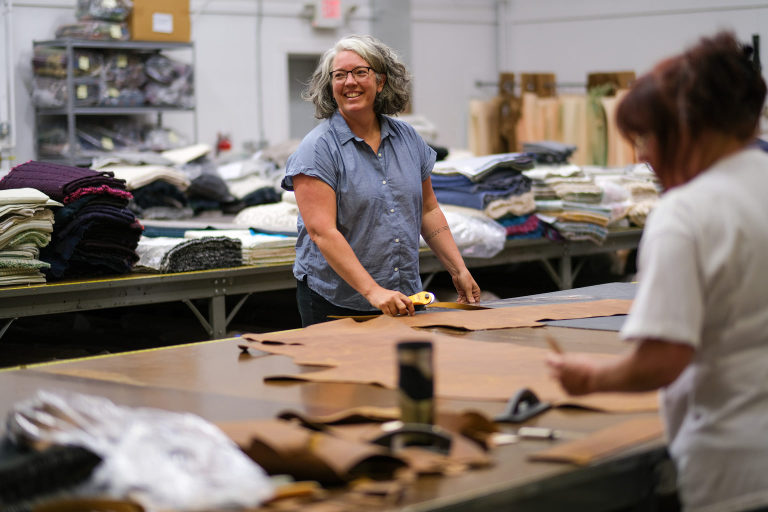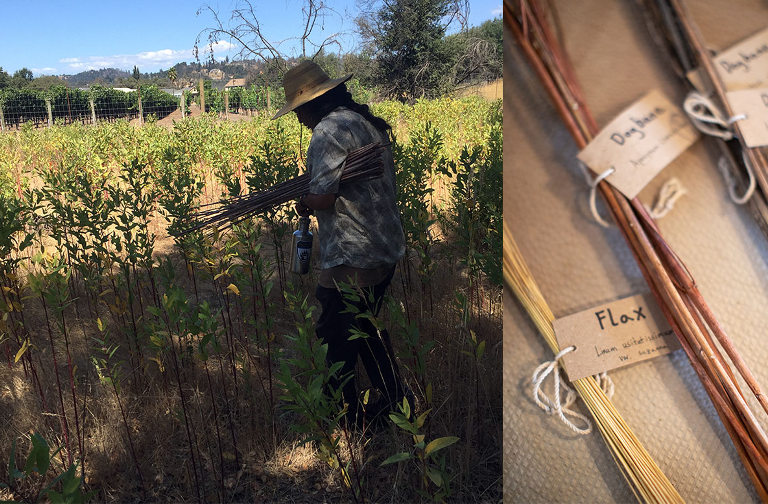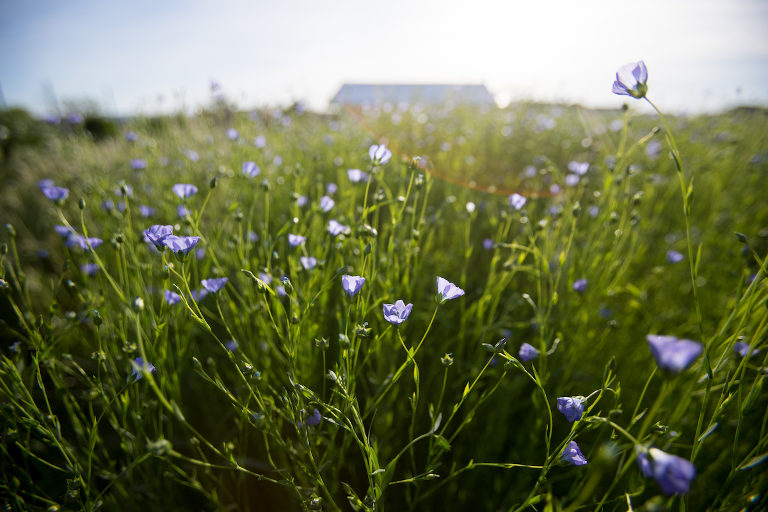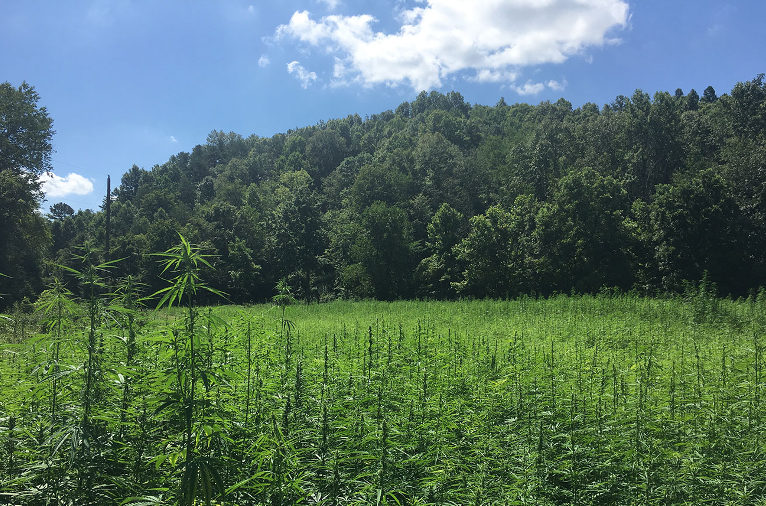Fibershed’s Lead Process Engineer Nicholas Wenner
3 Maps Show How We Can Unlock Local Clothing Industries
Each year, the United States produces enough wool to create millions of sweaters and enough cotton to cut and sew billions of t-shirts — so, why is it so hard to fill our wardrobes with clothes that are grown and sewn close to home? And what about hemp or flax linen fabric, clothes, and goods?
July 21, 2020
Benefitting Climate & Communities: How Clothing Cooperatives Could Grow Equitable Regional Economies
Cooperative structures like the Carolina Textile District provide an inspirational example of the type of regional networks that could grow and flourish throughout the country.
June 23, 2020
Native Plants for Textiles: 3 Bast Fibers to Know Beyond Hemp and Flax
Bast fiber plants have proven their value throughout tens of thousands of years of relationship with humans. Their cultivation can be rooted in modern agroecological methods and offers a way to meet material needs with beautiful, natural textiles with a range of properties from breathability to biodegradation.
February 21, 2020
Flax in West Coast Fibersheds: Updates from Field to Mill
Two groups on the West Coast, Chico Flax in the Sacramento Valley of California and Fibrevolution in the Willamette Valley of Oregon, are now leading the revitalization of the flax textile industry in the region. Groups in other regions of North America, such as the Cleveland Flax Project in the Rust Belt Fibershed, are also doing this work.
January 29, 2020
Weaving Hemp into the Northern California Fibershed
Encouraged by the Federal legalization of hemp in 2018, Fibershed has continued research into the versatile crop this year, deepening understanding of the plant and the fiber, prototyping hemp textile production in Northern California, supporting agroecological trials, and charting a path forward for weaving hemp into the region.
January 22, 2020


